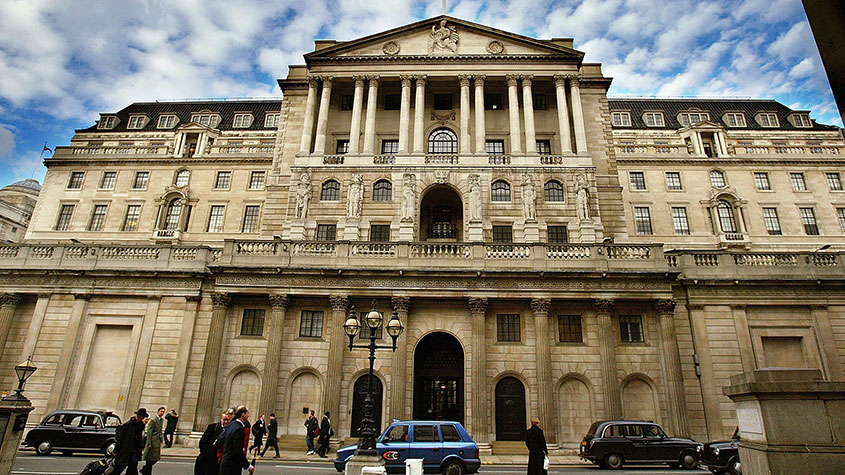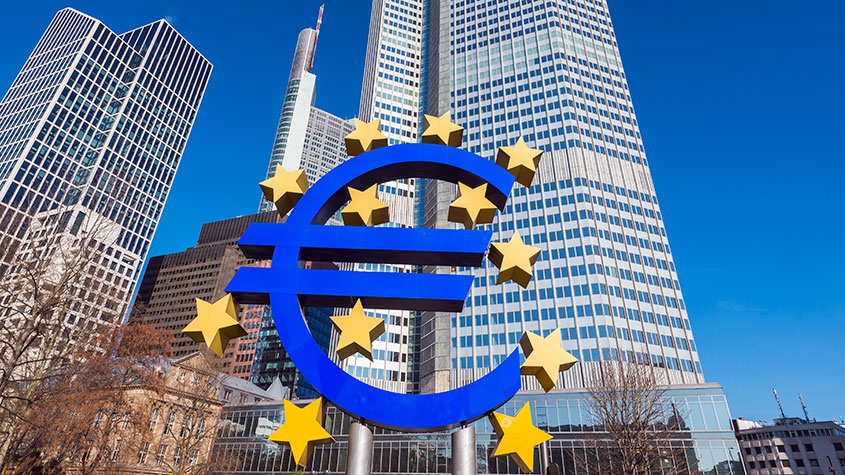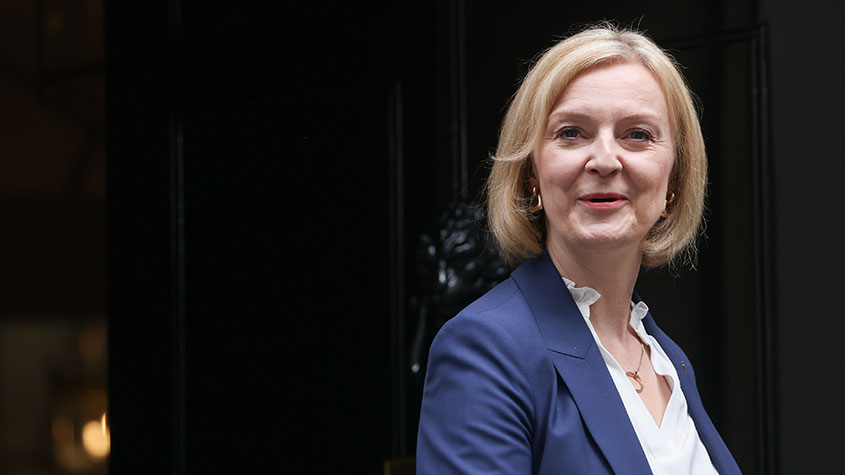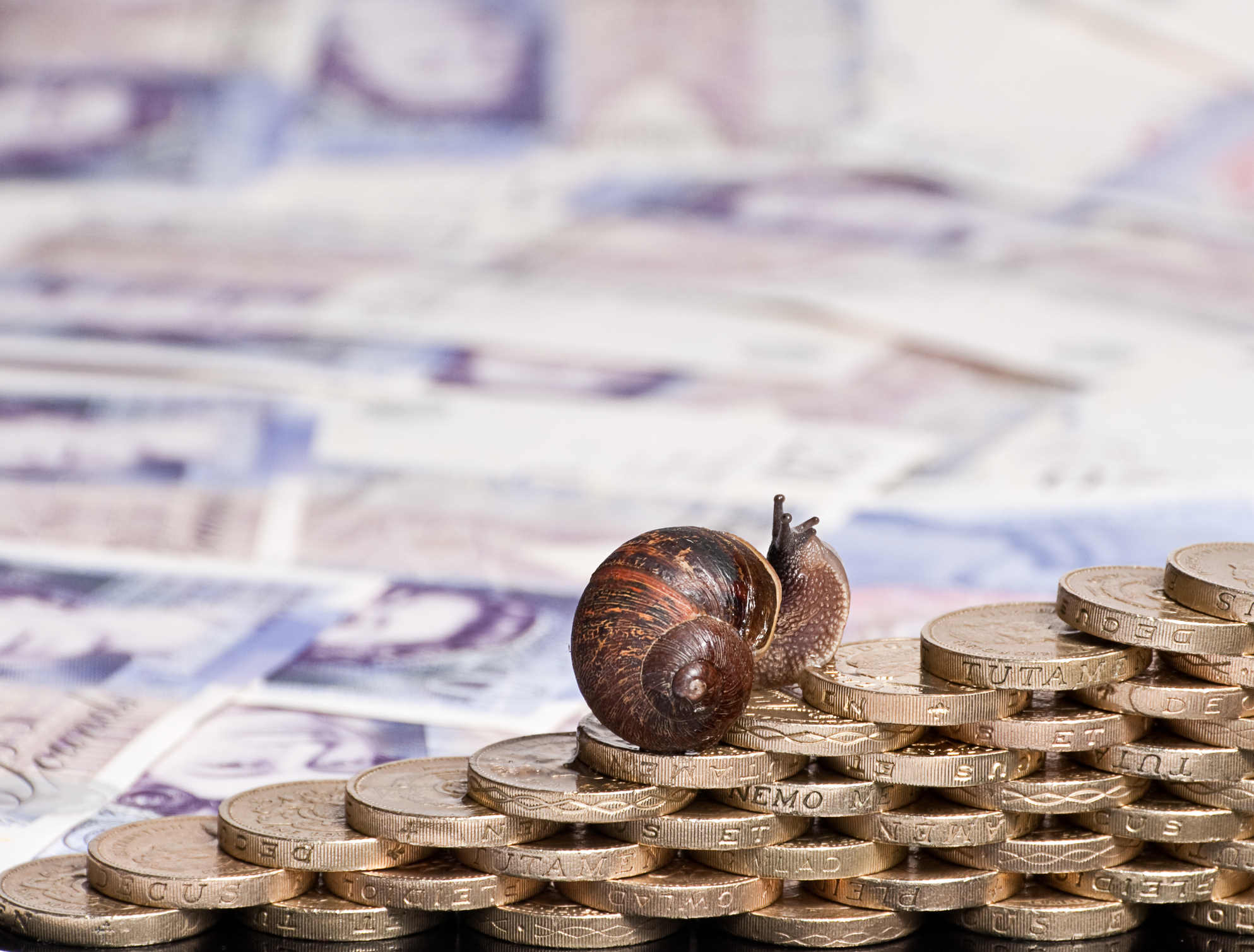Greece emerges from intensive care
Following three rescue packages in eight years, the eurozone’s problem child is standing on its own two feet again. But the debt crisis has merely been managed, not resolved. Alex Rankine reports.
Get the latest financial news, insights and expert analysis from our award-winning MoneyWeek team, to help you understand what really matters when it comes to your finances.
You are now subscribed
Your newsletter sign-up was successful
Want to add more newsletters?

Twice daily
MoneyWeek
Get the latest financial news, insights and expert analysis from our award-winning MoneyWeek team, to help you understand what really matters when it comes to your finances.

Four times a week
Look After My Bills
Sign up to our free money-saving newsletter, filled with the latest news and expert advice to help you find the best tips and deals for managing your bills. Start saving today!
Last Monday Greece exited its third eurozone bailout programme. After eight years of tight supervision by the "troika" of the European Commission, European Central Bank and International Monetary Fund (IMF), which demanded sweeping economic reforms, deep spending cuts and privatisation in return for help, Athens will now stand on its own two feet.
Instead of relying on emergency loans from supranational organisations, Greece will meet its future financing needs on international markets. The country's ruling radical-left Syriza party has been keen to take ownership of the event, with a government spokesperson proclaiming that "the Greek people will be able to smile again". They could certainly do with some cheer. The slump that followed the crisis wiped 25% off GDP, a fall similar to America's Great Depression. Around 40% of young people have no job.
How did Greece get into trouble?
Greece joined the euro in 2001 and over the next seven years the economy soared as interest rates fell sharply; investors reckoned Germany would stand behind all eurozone members, and thus deemed it much less of a credit risk than in the days of the drachma. Easy money triggered a private-sector credit boom, but the hallmark of the Greek crisis was a government debt binge: the public-sector wage bill rose 88% in the nine years after 2001. When it was revealed in late 2009 that the government had been underreporting its annual overspend for years the budget deficits were in fact around double those originally reported investors panicked and pulled funds from the country, sending long-term interest-rates on Greece's debt soaring and raising the spectre of default.
MoneyWeek
Subscribe to MoneyWeek today and get your first six magazine issues absolutely FREE

Sign up to Money Morning
Don't miss the latest investment and personal finances news, market analysis, plus money-saving tips with our free twice-daily newsletter
Don't miss the latest investment and personal finances news, market analysis, plus money-saving tips with our free twice-daily newsletter
What did the eurozone do?
With the Greek state running a crippling 15% budget deficit and locked out of international bond markets, the troika stepped in with a €110bn bailout in 2010. Usually, a country receiving international help regains competitiveness through a mixture of currency devaluation, economic reform and lower government spending. Yet Greece's euro membership precluded devaluation, while the Greek authorities proved excruciatingly slow to cut red tape. Privatisation was supposed to provide a €50bn fillip to the budget-balancing effort, but has so far raised just €5bn owing to political resistance and inefficient bureaucracy. That left austerity to do most of the work, but a cocktail of harsh spending cuts and tax rises at the height of a recession compounded the downswing.
How much money has Greece been lent?
The prolonged recession meant that two more bailouts were needed to plug holes in the Greek state's finances in 2012 and 2015. All in all, Greece borrowed more than €260bn over eight years from the IMF and the eurozone. That amounts to the biggest bailout in financial history. One of the original rationales for the rescue was that with many European banks holding Greek debt, a disorderly default could cripple the global financial system. Yet with supranational bodies pouring in tens of billions of euros, today very little of Greece's €322bn debt is owed to the private sector.
Can Athens afford to pay it back?
In a word, no. Greece has a debt mountain equivalent to 180% of its GDP. (By contrast, Britain, a far more dynamic economy, has public debt equivalent to 85% of GDP.) A eurozone deal in June saw the maturities on some Greek debt extended by ten years to 2032 and interest rates snipped in a half-hearted attempt to make the debt pile more manageable. Add in a cash buffer of €24bn that will cover Greece's financing needs for another two years and Athens looks reasonably well insulated against another crisis in the short term. But this "extend and pretend" arrangement isn't enough. Greece needs its creditors to write off a chunk of its debt a move its European creditors have so far refused to countenance because it hasn't a hope of growing fast enough to start reducing its huge borrowings.
How is the economy doing now?
The economy expanded by 1.4% last year and in 2018 growth is expected to accelerate to 2%. But the odds are that the rebound will peter out. The Greek government is assuming that GDP will grow at a sustained pace of 2% in the medium term, says Jennifer McKeown of Capital Economics, yet that "seems highly unlikely." For one thing, the crisis has left deep scars. Unemployment has come down, but remains high at 20%. The dearth of opportunities has triggered a brain drain: between 2008 and 2016, 400,000 Greeks almost 4% of the already ageing and shrinking population moved overseas.
What else is holding Greece back?
The banking system remains in bad shape: half of loans in the country are currently non-performing. Structural reforms might bring back some dynamism, but Syriza has actually undone some previous measures that could have helped raise the long-term growth rate re-instating collective wage bargaining, for example. "Pay rises might once again become untethered from productivity gains," says The Economist.
Meanwhile, the shadow economy, thought to be worth 25% of GDP during the bubble, has only fallen to around 21%, with dire implications for tax collection. And given the debt load, there is scant scope for government spending to rise. Athens has agreed to run a primary budget surplus the budget minus interest repayments of 3.5% until 2022 and 2.2% until 2060. Few countries in the world have achieved such regular surpluses, which imply decades of austerity. Any forgiveness will depend upon Greece's eurozone partners. Thankfully they have agreed to revisit the issue again in 2032.
Get the latest financial news, insights and expert analysis from our award-winning MoneyWeek team, to help you understand what really matters when it comes to your finances.
Alex is an investment writer who has been contributing to MoneyWeek since 2015. He has been the magazine’s markets editor since 2019.
Alex has a passion for demystifying the often arcane world of finance for a general readership. While financial media tends to focus compulsively on the latest trend, the best opportunities can lie forgotten elsewhere.
He is especially interested in European equities – where his fluent French helps him to cover the continent’s largest bourse – and emerging markets, where his experience living in Beijing, and conversational Chinese, prove useful.
Hailing from Leeds, he studied Philosophy, Politics and Economics at the University of Oxford. He also holds a Master of Public Health from the University of Manchester.
-
 Can mining stocks deliver golden gains?
Can mining stocks deliver golden gains?With gold and silver prices having outperformed the stock markets last year, mining stocks can be an effective, if volatile, means of gaining exposure
-
 8 ways the ‘sandwich generation’ can protect wealth
8 ways the ‘sandwich generation’ can protect wealthPeople squeezed between caring for ageing parents and adult children or younger grandchildren – known as the ‘sandwich generation’ – are at risk of neglecting their own financial planning. Here’s how to protect yourself and your loved ones’ wealth.
-
 How have central banks evolved in the last century – and are they still fit for purpose?
How have central banks evolved in the last century – and are they still fit for purpose?The rise to power and dominance of the central banks has been a key theme in MoneyWeek in its 25 years. Has their rule been benign?
-
 Do we need central banks, or is it time to privatise money?
Do we need central banks, or is it time to privatise money?Analysis Free banking is one alternative to central banks, but would switching to a radical new system be worth the risk?
-
 The French economy's Macron bubble is bursting
The French economy's Macron bubble is burstingCheap debt and a luxury boom have flattered the French economy. That streak of luck is running out.
-
 The Bank of England can’t afford to hike interest rates again
The Bank of England can’t afford to hike interest rates againWith inflation falling, the cost of borrowing rising and the economy heading into an election year, the Bank of England can’t afford to increase interest rates again.
-
 Bank of England raises interest rate by 0.5%
Bank of England raises interest rate by 0.5%News The Bank of England has raised interest rates once again, this time by 0.5%. This takes the bank’s base rate to 3.5%, the highest it’s been since 2008.
-
 Eurozone inflation hits 10.7% in October
Eurozone inflation hits 10.7% in OctoberNews Inflation across the eurozone hit 10.7% in October. What does it mean for your money?
-
 A forgotten lesson on the dangers of energy price caps
A forgotten lesson on the dangers of energy price capsAnalysis Liz Truss’s proposed energy price cap is an ambitious gamble. But a similar programme in Spain ended up being a fiasco, say Max King and Tom Murley. Here, they explain why Truss’s plan could be doomed to failure.
-
 What is stagflation and what can be done about it?
What is stagflation and what can be done about it?The UK economy is showing signs of weakness, but inflation remains stubbornly high – a dangerous combination that economists call ‘stagflation’